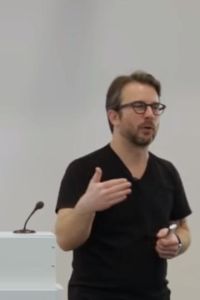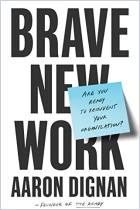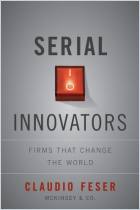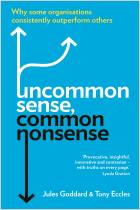Bureaucracy impedes productivity, fosters dissatisfaction among the workforce and accrues “organizational debt.” Business consultant Aaron Dignan recognizes the misunderstanding at the heart of most organizations: trying to treat complex issues with remedies designed to cure complicated problems. In a well-structured, engaging presentation, Dignan presents a fresh, practical, eye-opening perspective on organizational change.
The policies and protocols that perhaps once served business well are now obsolete. For instance, the structure of organizations, as depicted by the org chart, has remained unchanged since the early 1900s. Moreover, some of the common approaches to work today – taking decisions through numerous committees, debating minute details, erecting pedantic protocols, and so on – were, in fact, tactics that the forerunner to the CIA employed during World War II to subvert enemy businesses. This rise of bureaucracy in business has led to a disengaged workforce and waning productivity. Such costs amount to “organizational debt.”
“Different systems have different natures.” Watches and engines, for example, are “complicated systems.” They are intricate and boast a multitude of components, but they’re predictable. The problems that arise in these systems are solvable. Weather, traffic or immune systems, on the other hand, are examples of “complex systems.” They’re unpredictable. Though you can monitor trends within these systems, the best way to understand them...
























Comment on this summary